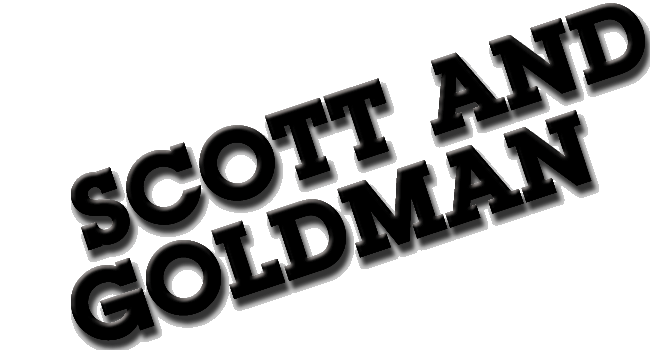|
IMPROVING COLLECTIONS THROUGH PROPER DOCUMENTATION
THE TEAM CONCEPT
As a credit executive you are aware that a spirit of teamwork is essential between you and your professional collector. You want quick turnover of delinquent accounts. A well-documented collection file insures this by avoiding time-wasting efforts in the gathering of information and documents that you already have at your disposal. Sharing information you already have on file is fundamental and is good teamwork!
WHAT DOCUMENTATION DO I NEED?
The following is a checklist of documents which will assist your collector in quickly collecting from your debtor:
- CREDIT APPLICATION or equivalent. This is the most crucial document because it should contain:
- Debtor's full name and physical address (not just a post office box).
- Debtor's legal identity including whether it is a corporation, partnership or proprietorship
- Names and residential addresses of the owners of the debtor's business
- Nature of debtor's business
- Debtor's contact and telephone number
- Trade references including exact bank name and account number
- Social Security or business identification number (always obtain the Social Security number of the individual who is personally obligated for your debt, such as a guarantor)
- A credit application is also the best way to have the debtor agree to pay interest, collection cost and attorney's fees. Above the debtor's signature line should be a statement that the credit information above is accurate. Below the signature line should be an agreement to pay interest, which is signed separately from the verification of the credit information. Without a specific agreement to pay interest, you are limited to suing for the legal rate allowed in the state where suit is brought. Also, if a personal guaranty is expected, it must be in writing, as must the granting of any security interest. Consult your attorney for proper language or ask us for an example.
- There may be circumstances where a spouse should be included on these documents. To protect your interest, your attorney should be consulted so that the proper documents can be drafted.
- Promissory note. This is not a usual part of the typical goods-sold-and delivered transaction. However, having a good blank form handy to be filled out by a debtor where a payment plan is required and where the debtor has requested your forbearance of the collection process is a good idea. Legal consideration of forbearance will support a promissory note. Consult your attorney regarding the possible use of a confession of judgment, which is allowed in some states.
- Name, address and telephone numbers of any guarantors, co-signers or persons or companies liable for payment of the debt.
- Documents such as statements showing the exact amount due including principal and interest after all credits are given.
- Documents such as handwritten memos and computer notes such as telephone contacts, date and time of conversations when payments are promised, etc.
- Contracts, purchase orders, delivery receipts.
- NSF checks, notices regarding bad checks required by statute, notices under Fair Debt Collection Practices Act, written promises to pay.
- Letters confirming payment arrangements.
- Security document, security agreements, UCC-1's, legal notices for bond or lien rights.
- Credit reports, financial statements, annual reports.
- Photocopies of debtor's checks (you should make a practice to occasionally photocopy checks paid on the account, particularly on marginal and new accounts).
- Memos of any name, address or telephone number changes.
- Notices of bankruptcy, bulk transfer, including bankruptcy of any guarantors or other persons or companies liable for the debt.
- Not every document is essential in every case! Simply use this guide in developing your file on a customer...before they become your debtor.
*Prepared by the Commercial Law League of America & compliments of the American Lawyers Quarterly*
|

